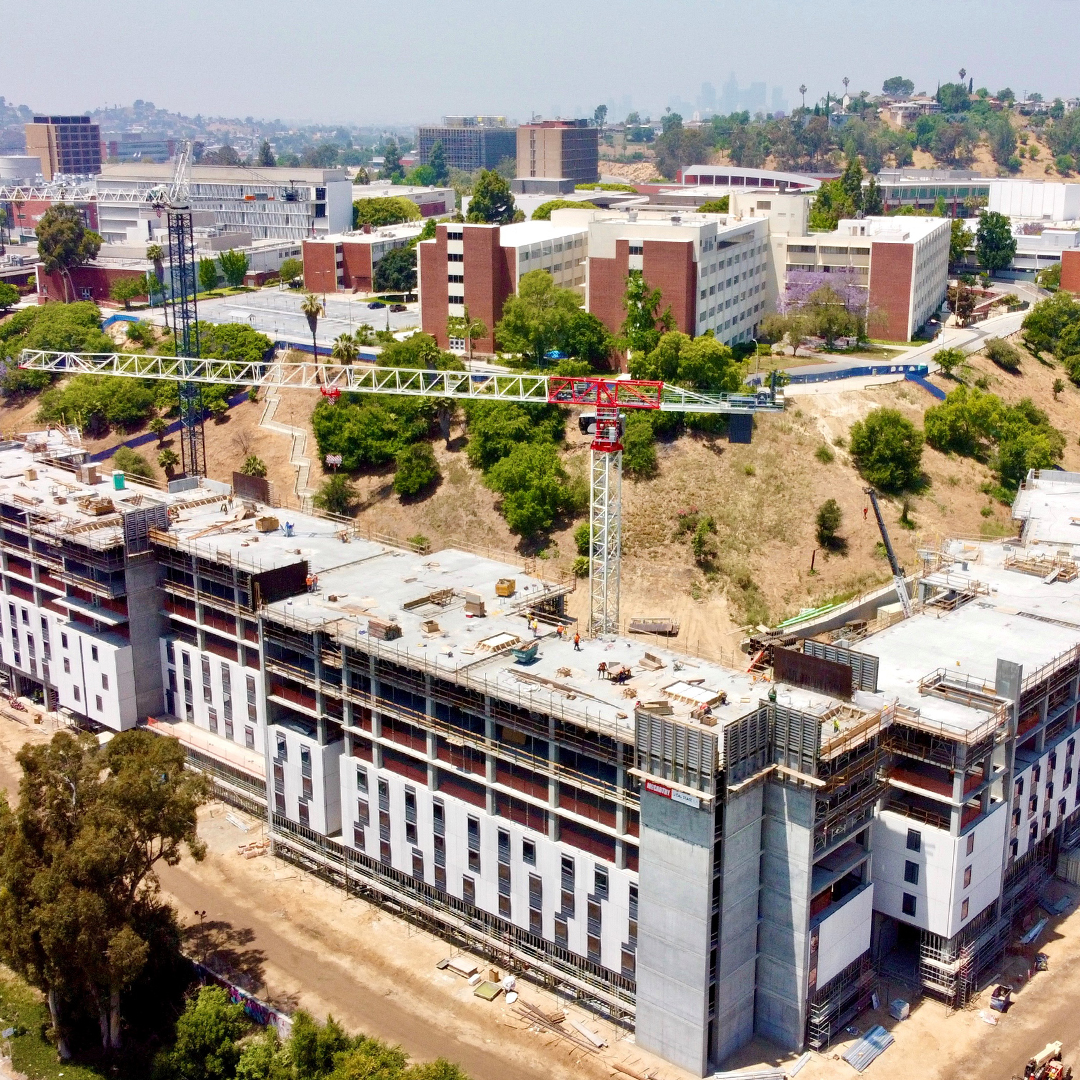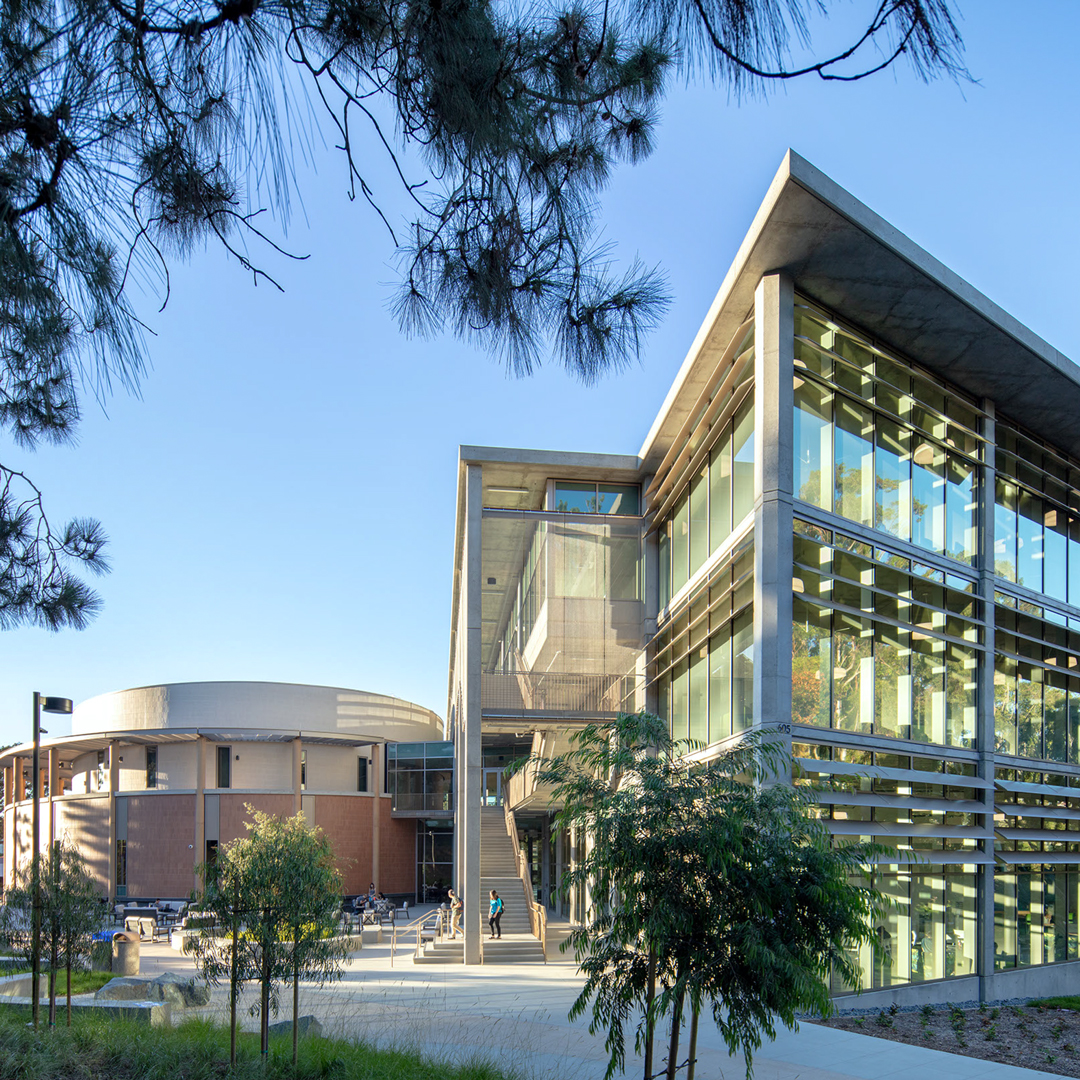|
Getting your Trinity Audio player ready...
|
Jamie Riddle is the point person for, as he says, “all things real estate and facilities.” On any given day, the senior director of global real estate and facilities for Cantel Medical might be at work on 7 to 10 different projects, from managing negotiations and transitions with landlords to planning for acquisitions to coordinating the repair of a leaky roof. Though duties may vary, Riddle explains, “The most rewarding part of my job is supporting fellow team members and leadership in solving problems, making improvements, and improving our culture through facilities and workplace services projects.”

Cantel Medical is a leading provider of infection prevention products and services, specializing in everything from endoscopy equipment to water purification systems to healthcare disposables, like disinfectants and face masks. Riddle joined the company in 2018 during a moment of strategy flux as it began a search for cross functionality.
Riddle arrived excited for a global position, ready to support more than 70 facilities around the world. The senior director now executes corporate strategies internationally, enabling personnel and manufacturing structural shifts that support revenue growth, cost savings, and efficiency improvements.
For example, he explains that while each Cantel division might previously have planned and operated its own manufacturing, office, and distribution centers, he now develops more unified approaches to planning, build-out, and maintaining Cantel’s facilities. “We look at what support roles we can combine to not have three different people in the three divisions doing the same job,” Riddle explains.
Given Cantel’s history, these silos make sense. “When you grow the company through acquisition, integration becomes a huge challenge,” Riddle says. However, allowing the organizations to continue as siloed, separate operations presents difficulties, especially around strategic planning, capital funding, and operational expenses—a weighty chunk of the senior director’s responsibilities.

This legacy structure means dealing with multiple operational, financial, and leadership methodologies. “There are the same functions in many cases, just different systems and operating philosophies,” Riddle explains. “It’s usually a product of acquiring well-established companies that have already had their own operational strategies and systems in place for years. As a company, we recognize that we should always consider and glean best practices no matter what division they come from. I was hired to look at things holistically and globally.”
While Riddle and his small team support a wide network of facilities and business leaders around the world, he’s recognized the need to leverage partnerships outside of Cantel to gain bandwidth to meet the demand of a dynamic and growing company. “It’s simply impossible to provide a great service with the sheer number of facilities and projects we support without leveraging strategic partners globally. This allows a small team to set the path and utilize partners to execute it.”
When Riddle describes his team as “lean,” he does not exaggerate. The real estate and facilities roster, managing Cantel’s global processes, has just two people on its lineup: Riddle and a global workplaces services manager. This staff is still robust enough for Riddle. “Having a great workplace services manager, Michelle Martin, and great outside partnerships makes it all possible. Michelle and I are able divide and conquer daily, utilizing internal and external support. Staying lean also allows us to remain cost-effective as an organization, especially during challenges like [the coronavirus pandemic].”

Like many businesses, Cantel slowed due to the reduction of dental office visits and elective procedures like colonoscopies. “Now that business is resuming, the team can once again flex up and utilize its partners on a project-by-project basis.”
Riddle joins up with brokerage partners like Cushman & Wakefield for real estate negotiation. Other partnerships contribute to everything from construction to moving companies. They are, he says, “key to our success in being able to scale with only a few people supporting these initiatives in the company.”
Inside Cantel, Riddle looks to divisional leadership and site managers to understand needs and discover methods for aligning with overarching strategy. With this input, Riddle can now point to an achievement of his time at the company, a playbook everyone can use to implement consolidations and growth. These best practices are born out of his commitment to cross functionality, lean teams, partnerships, and flexibility.
This flexibility is on show at a recent 100,000-square-foot facilities build-out in Rush, New York. Adding to existing space, Riddle not only created a “center of excellence” but also allowed for consolidation of a Long Island location, a geography that brings logistic challenges at times. Along with alleviating logistical concerns, the build paid off in other ways.

Leaning into flexibility, Riddle made sure the space could iterate. It has already transformed and now produces more face masks, responding to 2020’s demand for COVID-19 resources. “We built one wall to not be load bearing,” he says, demonstrating an eye to the future when the space, again, may shift. “Lots of ‘programming’ goes into a plan,” says Riddle of the research before development. “You have to understand the specific details, personnel, goods, and equipment needs now, and for the future.”
Since the beginning of the coronavirus pandemic, Cantel has been on the front lines of response, producing masks and other disposables. Riddle’s actions had a serious imperative to ensure safety for manufacturing employees, the people making the materials necessary to keep the rest of the world safe. The global work that so excited Riddle presents, at least for a while, new challenges.
“We have to rely on remote information,” he says, as travel restrictions keep him off-site in far-flung locations. Though he may be benched for a bit, the experience only increases his commitment to partner support for project development. “We need boots on the ground in many instances to ensure we provide a project of the best quality, a project that is cost effective and delivered on-time for our internal customers,” he affirms. The senior director finds that with existing partnerships, the company’s strategies, and playbooks in hand, he can push plenty of work forward.


